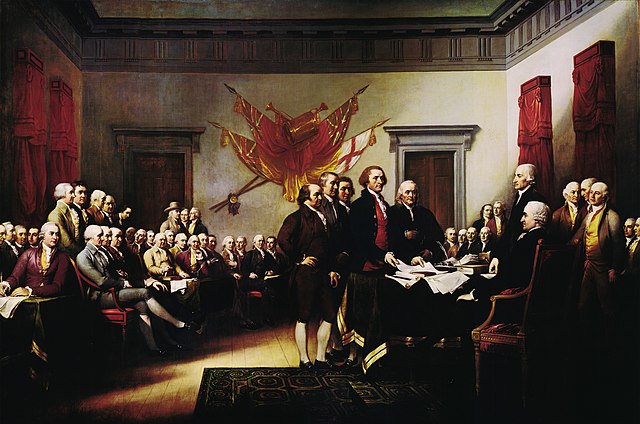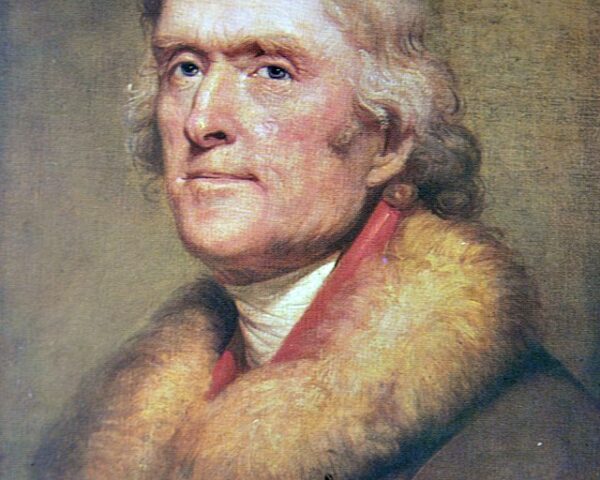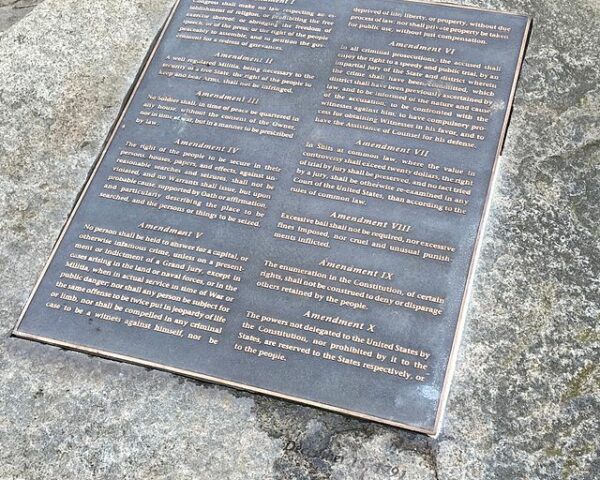The Declaration of Independence, adopted on July 4, 1776, was a seminal document that not only marked the birth of the United States but also launched a transformative era: the modern world that lifted billions alive and yet unborn. Its impact reverberated across continents, influencing the course of history and the evolution of modern democratic principles.
Drafted primarily by Thomas Jefferson, the Declaration articulated the American colonies’ grievances against British rule and proclaimed their right to self-governance. It was a bold assertion of the Enlightenment ideals of individual liberty, equality, and the social contract, which posited that governments derive their power from the consent of the governed. This radical departure from the prevailing norms of monarchic and colonial rule laid the groundwork for the development of modern democratic states.
One of the most profound contributions of the Declaration was its assertion that “all men are created equal” and endowed with “unalienable Rights,” including “Life, Liberty, and the pursuit of Happiness.” This proclamation of inherent human rights became a foundational element of modern liberal democracy. It inspired movements worldwide, from the French Revolution in 1789 to the various independence movements in Latin America and beyond. Leaders and intellectuals in these regions drew upon the Declaration’s principles to challenge oppressive regimes and advocate for self-determination and democratic governance.
The Declaration of Independence also catalyzed the spread of republicanism, a political ideology that emphasizes the role of citizens in government and the rejection of hereditary monarchy. By establishing a republic in which the people held sovereignty, the American experiment provided a powerful model for other nations. The success of the American Revolution demonstrated that it was possible to overthrow a colonial power and establish a government based on democratic principles. This success emboldened other colonies and oppressed peoples to seek their own independence and self-governance.
Moreover, the Declaration’s emphasis on individual rights and the rule of law influenced the development of legal and political frameworks globally. The U.S. Constitution, which followed the Declaration, incorporated these principles and served as a blueprint for other nations crafting their constitutions. The Bill of Rights, the first ten amendments to the U.S. Constitution, further enshrined protections for individual liberties, setting a precedent for human rights that continues to shape legal systems worldwide.
The economic implications of the Declaration were also significant. By asserting the right to self-determination, the American colonies sought to create a society where economic freedom and opportunity were paramount. This vision of a free-market economy fueled innovation, entrepreneurship, and industrial growth, contributing to the rise of the United States as a global economic power. The principles of free enterprise and capitalism that emerged from this period became central to the modern global economy.
In addition to its political and economic impacts, the Declaration of Independence influenced cultural and social developments. It fostered a sense of American identity and national unity, encouraging a culture of independence and self-reliance. This cultural shift had ripple effects around the world, promoting the values of individualism and personal responsibility that are hallmarks of modern society.
The Declaration also highlighted the tensions and contradictions inherent in the fight for liberty. While it proclaimed universal human rights, it was adopted in a society that permitted slavery and excluded women and indigenous peoples from its vision of equality. These contradictions sparked ongoing struggles for civil rights and social justice, leading to movements that continue to shape the modern world.






